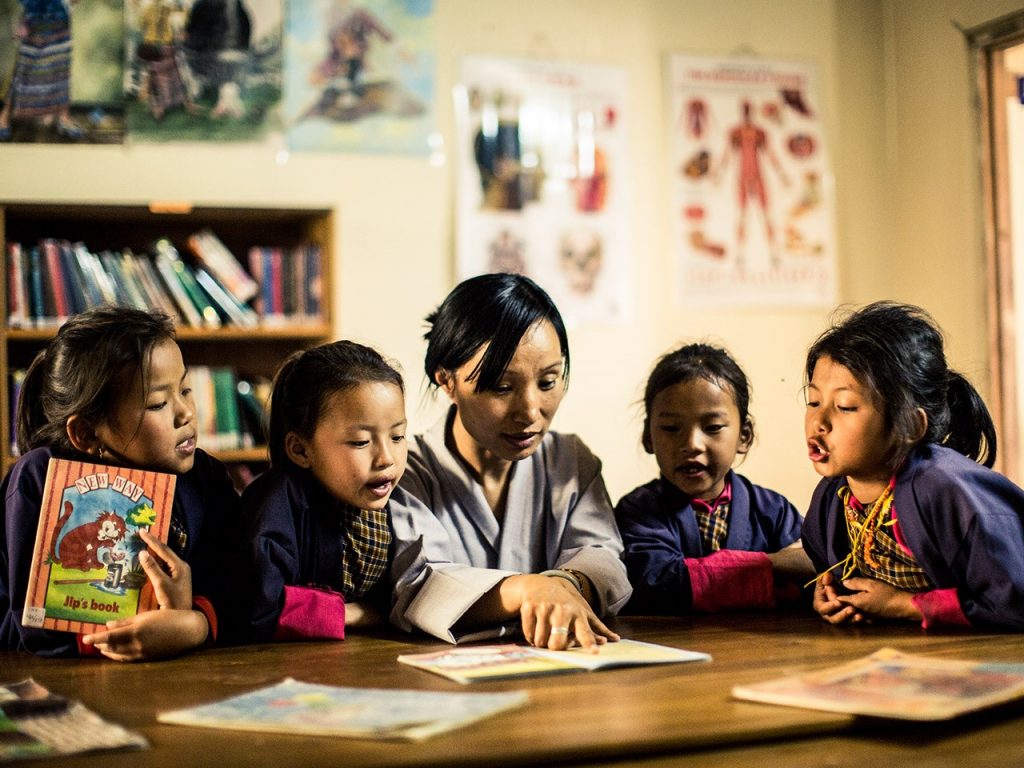
Lisa Krolak on the critical role community libraries play in promoting literacy development and lifelong learning
All over the world, libraries serve as proactive community and learning spaces that directly address the needs of children, youth and adults. They are constantly evolving and responding to social, cultural, economic and political changes in their environment. Community libraries, in particular, have demonstrated great potential in supporting literacy development and lifelong learning through diverse services and successful outreach activities. But what is it that make community libraries so effective?
Community libraries are established, owned and managed by and for a specific community, clearly based on community needs. They represent one of many alternative library models that have emerged since the 1970s. In comparison to public libraries, community libraries are often small and usually not supported by government funds. They do not primarily target the mostly literate, urban populations, but rather develop diverse ways to provide various learning opportunities to marginalized populations. This is done not only by providing access to reading materials, but also by offering literacy training and linking literacy activities to practical livelihood concerns. Continue reading
